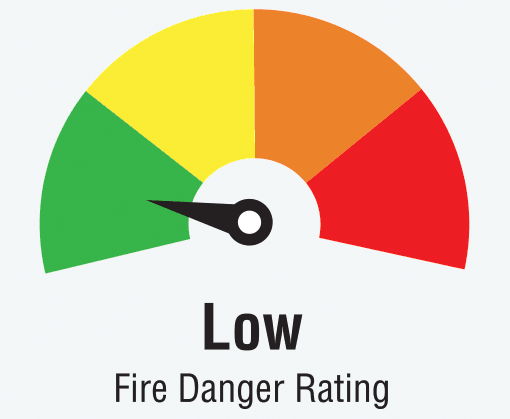Report bear sightings in residential areas by phoning the BC Conservation Officer Service (COS) at 1-877-952-7277 or 604-905-BEAR. Whistler Conservation Officers are notified daily of sightings and immediately in emergencies.

Your home offers a veritable smorgasbord of food options to bears. When bears become habituated to finding food sources in residential areas, it can result in dangerous situations for both humans and bears.
Bears can smell food from great distances, even further than dogs can. The best way to keep bears alive is to prevent them from gaining access to attractants in and around homes.
Types of bear attractants in and around homes:
- garbage
- recyclables
- fruit trees
- berry bushes
- vegetable gardens
- bird feeders
- barbecues
- pet food
- citronella candles
- hot tub covers
You can help manage bear attractants by:
- storing garbage, recyclables and compost in a secure building
- planting non-bear attractants in gardens
- removing bird feeders during bear season
- burning barbecues clean and removing all grease and food scraps after every use
- feeding pets inside and storing pet food indoors (note that porches are not usually bear-proof)
- using non-citronella products to ward off insects
- using an aluminum hot tub cover
- using a bear-proof composter or dropping off compost at the municipal waste depot sites
- picking fruit a few days before ripe or before the fruit becomes extra fragrant
- cleaning up any fallen fruit. If you are on vacation ask a friend or neighbour to collect fruit
- keeping lawns mowed and weeded (grasses, dandelions and clover are natural bear foods).
Wildlife and bear attractants may be plants or non-natural food sources.
Wildlife Attractants
To help residents and visitors understand which items attract bears to homes, businesses and cars, the definition of a “wildlife attractant” has been updated Whistler’s solid waste bylaw in 2018 to include any substance or material, regardless of odour, that attracts or is likely to attract wildlife.
Wildlife attractants now explicitly include, but are not limited to:
- Food
- Edible products
- Pet food
- Seed
- Compost (other than grass clippings, leaves or branches)
- Grease
- Oil
- Antifreeze
- Paint
- Petroleum products
Everyone is required to keep these items secured and away from bears. Homeowners should ensure renters learn how to manage attractants.

Bear Attractant Plants
To continue to reduce human-bear conflicts, the Resort Municipality of Whistler and Whistler Bear Advisory Committee have identified a short list of plants that are particularly attractive to bears.
The following bear-attractant plants will not be approved for landscape plans requiring municipal approval:
- Sorbus aucuparia (Mountain Ash, single stem tree)
- Sorbus sitchensis (Mountain Ash, shrub, multi-stem)
- Vaccinium (blueberries & huckleberries)
- Clover


